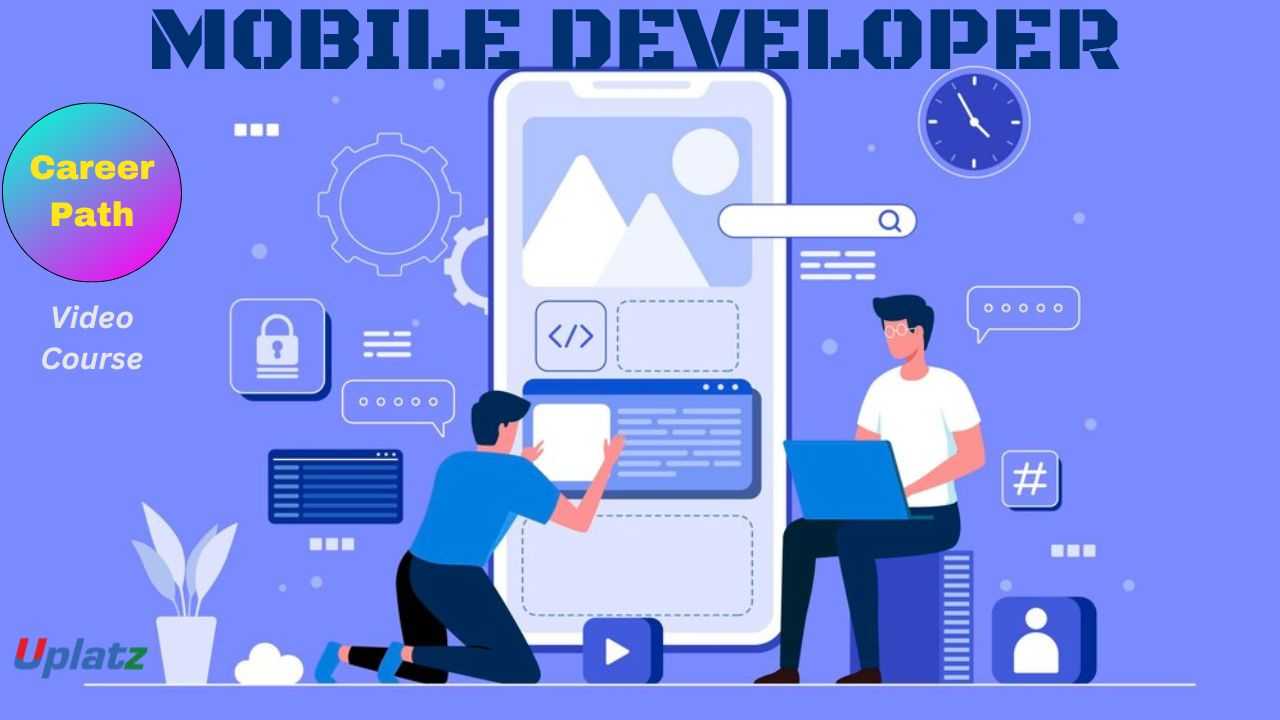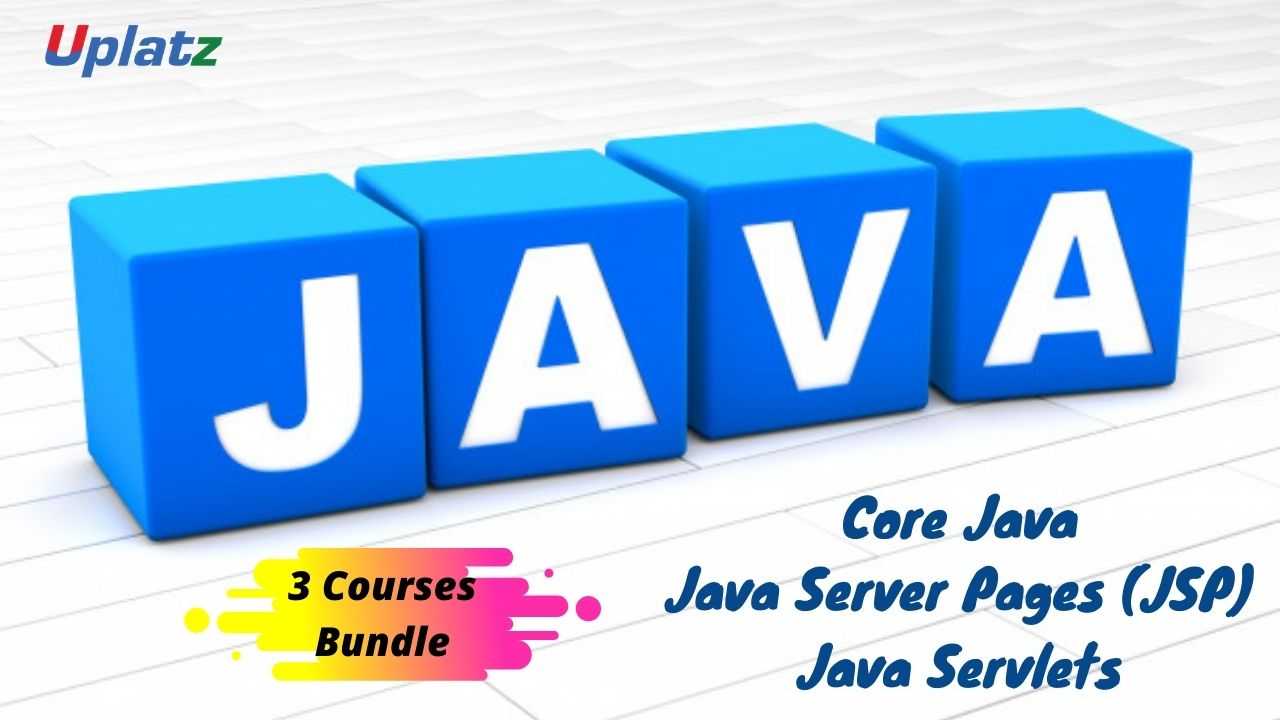Career Path - Mobile Developer
Build native and cross-platform apps, Implement user-centric designs, Optimize performance, and launch successful mobile solutions. Price Match Guarantee
Full Lifetime Access
Access on any Device
Technical Support
Secure Checkout
Course Completion Certificate
Price Match Guarantee
Full Lifetime Access
Access on any Device
Technical Support
Secure Checkout
Course Completion Certificate
 91% Started a new career
BUY THIS COURSE (
91% Started a new career
BUY THIS COURSE (GBP 32 GBP 99 )-
 94% Got a pay increase and promotion
94% Got a pay increase and promotion
Students also bought -
-

- Bundle Course - Java (Core Java - JSP - Java Servlets)
- 50 Hours
- GBP 22
- 4202 Learners
-

- Software Performance Engineering and Multicore Programming
- 11 Hours
- GBP 29
- 131 Learners
-

- Cloud Computing Basics
- 15 Hours
- GBP 12
- 89 Learners

A Mobile Developer is a specialized software engineer focused on creating applications for mobile devices, such as smartphones and tablets. They work on developing applications for various platforms, primarily iOS and Android, utilizing platform-specific programming languages and tools. Mobile Developers are responsible for building applications that provide a seamless user experience, ensuring that they are responsive, intuitive, and capable of utilizing device features like cameras, GPS, and sensors.
The primary responsibilities of a Mobile Developer include designing, coding, and testing mobile applications to meet user needs and business objectives. They collaborate with UI/UX designers to implement visual elements and ensure that the app functions smoothly across different devices and screen sizes. Additionally, Mobile Developers are tasked with integrating APIs to enable communication between the app and backend services, as well as optimizing applications for performance and reliability. They also conduct thorough testing and debugging to address any issues that arise during development and after deployment.
Core skills for a Mobile Developer encompass proficiency in programming languages such as Swift and Objective-C for iOS development, and Java or Kotlin for Android development. Familiarity with mobile development frameworks and tools, such as React Native or Flutter, is also valuable for cross-platform development.
Course/Topic - Java Programming overview - all lectures
-
Lecture 1 - Introduction to Java
-
Lecture 2 - Data Types
-
Lecture 3 - Control Statements









